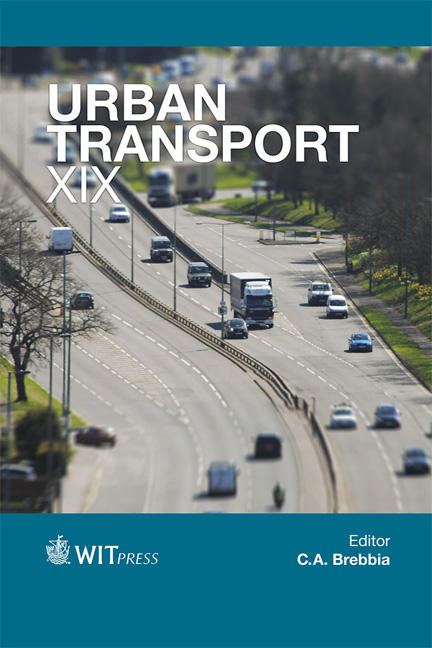Not Just The Bus: An Approach To Extend Dialogue Marketing
Price
Free (open access)
Transaction
Volume
130
Pages
12
Page Range
623 - 634
Published
2013
Size
65 kb
Paper DOI
10.2495/UT130501
Copyright
WIT Press
Author(s)
C. Link, R. Hössinger, U. Raich & W. Unbehaun
Abstract
Even where the level of public transport (PT) services is of sufficient quality, mobility behaviour is often characterized by intensive car use. The most frequently stated subjective reasons not to use PT can be summarized in two main aspects: a paucity of information concerning PT services, and subjective constraints to its use. Various soft transport policy measures of which dialogue marketing might be the most popular one address these problems. Although the general concept of dialogue marketing is sound and thoroughly tested, need for additional research exists in different terms. Among others, shortcomings of dialogue marketing campaigns (DMC) are: (i) they are always focused on one topic like mobility behaviour or waste prevention; (ii) most application areas have a high population density and thus a good PT accessibility, and (iii) impact stability over time is rarely analyzed. A DMC considering these aspects was conducted within a research project. It can be shown, that (i) an interdisciplinary marketing campaign covering energy use and mobility behaviour achieves sufficient results; (ii) the marketing approach works better in areas with a good PT accessibility, and that (iii) behavioural changes can be identified one year after the dialog marketing campaign was conducted. Keywords: dialogue marketing, interdisciplinary approach, impact stability, mobility behaviour, soft transport policy measure.
Keywords
Keywords: dialogue marketing, interdisciplinary approach, impact stability, mobility behaviour, soft transport policy measure.





